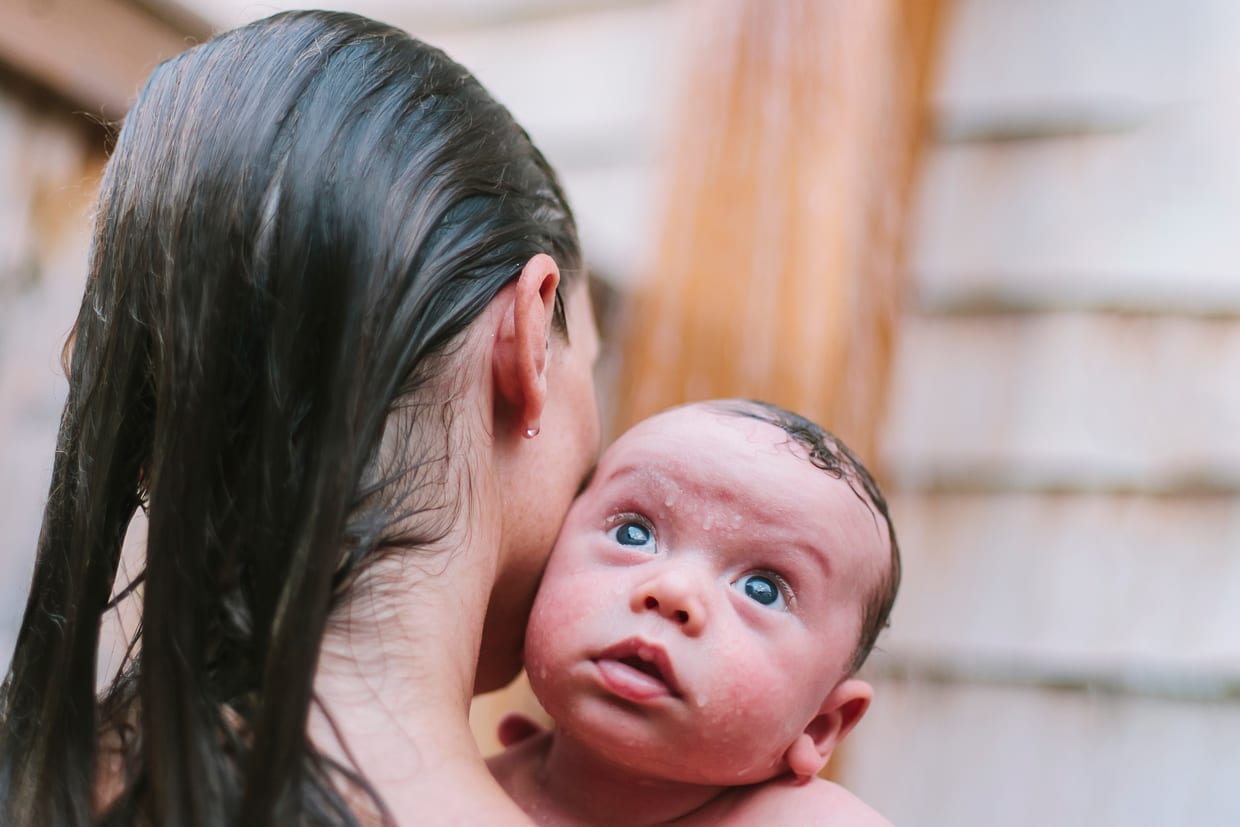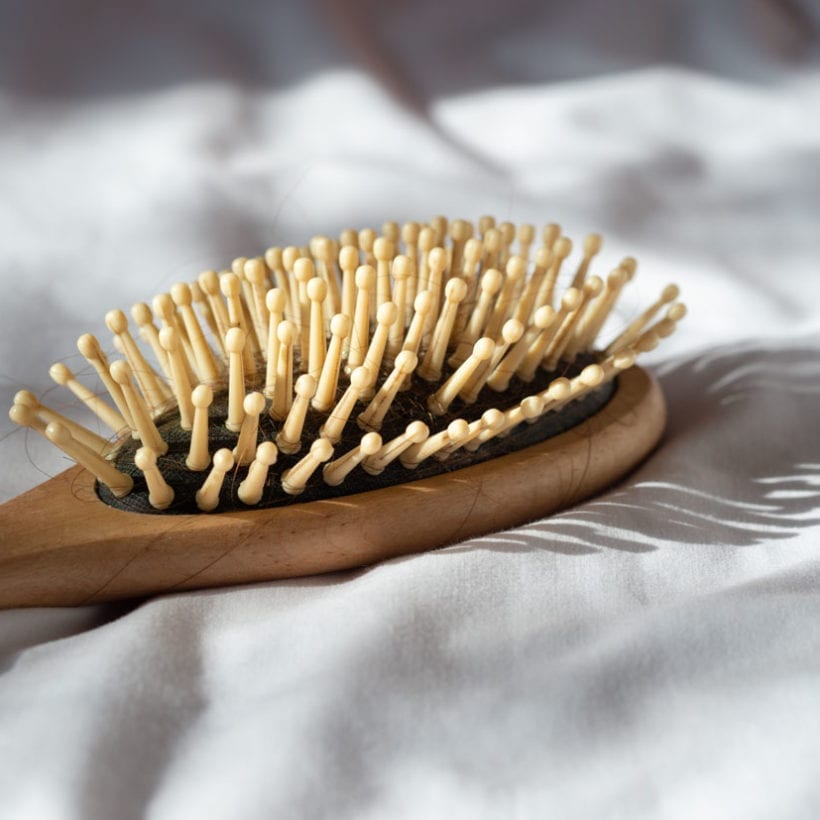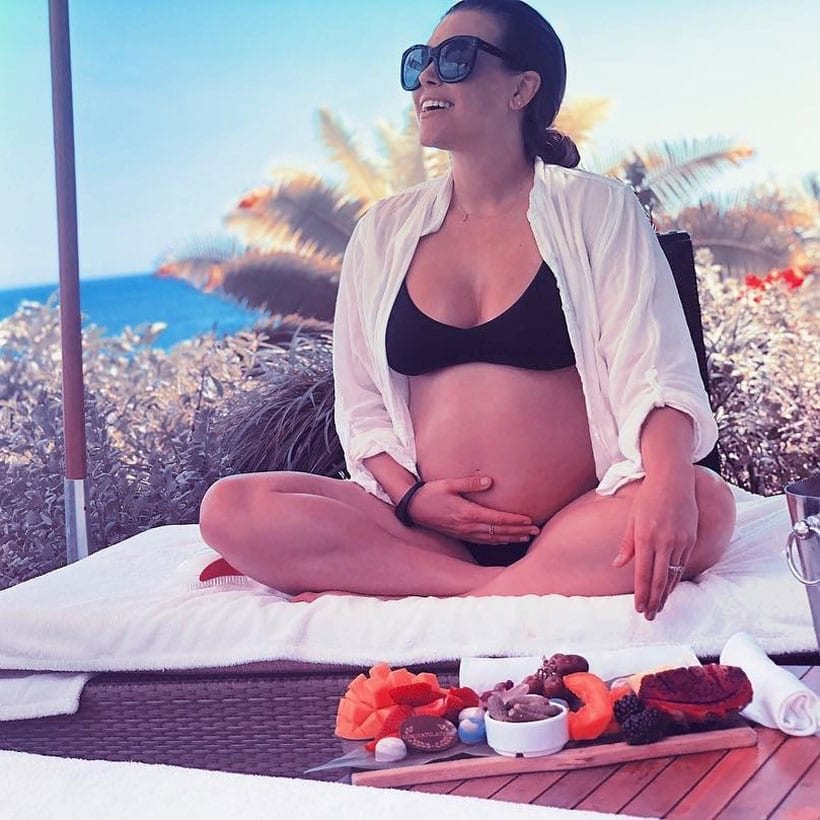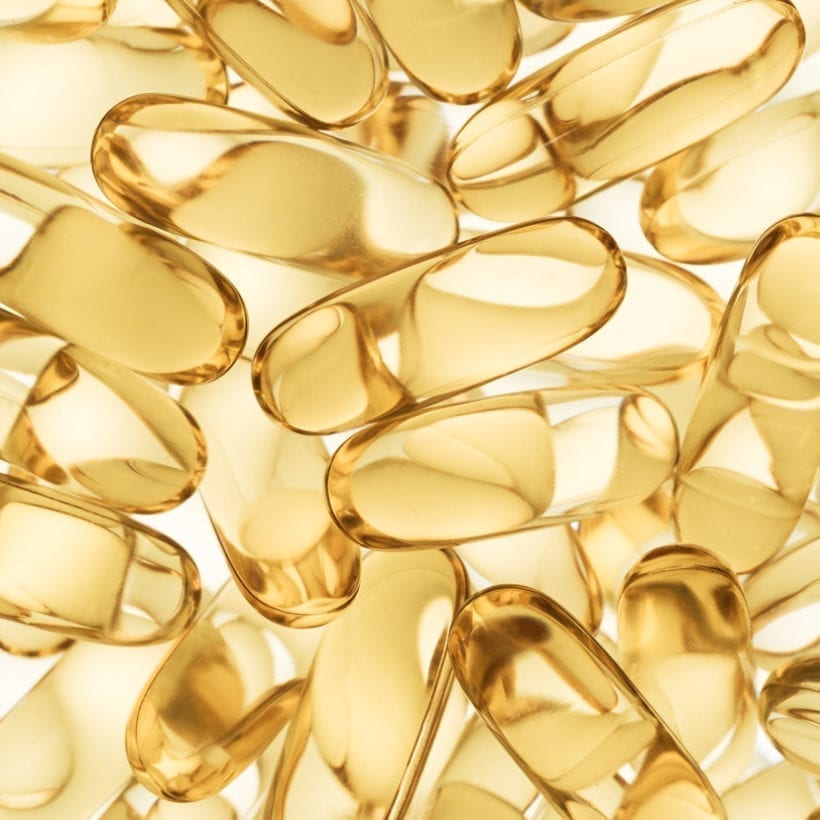As much as I tried my best to embrace my postpartum dark circles, puffy eyes and perpetual exhaustion as proud scars of new motherhood, there was one thing that I wasn’t expecting: hair loss.
Nothing quite prepared me for the clumps of hair that fell out in the shower or the near crime scene appearance on my hairbrush that all began about three months after giving birth and really ramped up after I weaned off breastfeeding.
Much to my relief, I wasn’t going bald. I was “just” experiencing postpartum hair loss. And much to my surprise, it was normal — and I wasn’t alone.
In fact, postpartum hair loss can affect up to 50 percent of new moms, says Erica Gomez Ratush, D.O. OBGYN. And, “although it can be alarming, it is more of an inconvenience than it is a sign of one’s physical health.”
https://www.instagram.com/p/BmEelyNBTc5/?utm_source=ig_embed
How? “Hairs on your scalp go through three main growth phases: active growth, resting and a degenerative phase. The hormones of pregnancy help keep hairs in their active growing phase for longer periods of time, which is why hair feels very thick and long when you are pregnant,” explains Joshua Zeichner, M.D., a New York City dermatologist.
Once you are no longer pregnant, it can all change — all thanks to estrogen. After you deliver, the hormonal shifts that occur can take their toll on your hair. And soon, you just might experience hair loss along your frontal hairline, especially along with each temple.
But it is not like you give birth and all of a sudden you are balding. Zeichner explains that the condition, also known as telogen effluvium, occurs when hair rapidly shifts into a degenerative face and falls out all at once. The current thought amongst professionals is that these hairs would have shed at a normal rate had the mother not have been pregnant. So essentially, you held on to your hair for longer than normal, and now you are losing it more quickly.
Essentially, you held on to your hair for longer than normal, and now you are losing
it more quickly.
On average, most women experience postpartum hair loss between the second and third-month post-delivery, and it typically resolves by six months postpartum. Zeichner says it can take up to a year to correct itself, but that “the new head of hair is usually the same as the previous one.”
But if you are still struggling with hair loss after the one year mark, Gomez Ratush advises to “see [your] provider to ensure that there is nothing else that may be the cause, like a thyroid issue, for example.”
So if half of all moms go through postpartum hair loss, can anything be done? Studies have revealed that iron-rich foods like spinach and kale could be helpful for hair regrowth, while certain retinoids (vitamin A) found in carrots and sweet potatoes can increase the rate of hair growth, lengthening the anagen (growth) phase of the hair cycle while potentially thickening the hair. Gomez Ratush recommends adding one serving of these foods into each meal, noting they are all not only safe for breastfeeding, but have the additional benefit of helping with milk production, too.
Aside from a healthful diet, there are other options, too. Zeichner notes that if you are breast-feeding, you should speak to your doctor before taking any topical or oral treatments, but that, “topicals like Rogaine work by optimizing hair growth,” while “supplements including Nutrafol or Viviscal have been designed to address the specific needs of thinning hair.”
He also suggests in-office procedures like platelet-rich plasma (PRP), which “acts like fertilizer to help hair follicles function to the best of their ability.” (Think: a “vampire facial,” but for your head.)
Gomez Ratush also typically recommends that patients continue to take their prenatal vitamins for up to six months postpartum to ensure the postpartum body is meeting all of its nutritional needs, thus also helping with hair loss. “The postpartum period is not a time to skimp out on nutrition,” she says.
And while it is not a universal recommendation from any organization like the American College of Obstetricians and Gynecologists or the World Health Organization, a study has shown that maintaining your vitamin intake can benefit your baby, too.
Unfortunately, postpartum hair loss is not something that can be prevented, but the hair loss will return to normal with time. That means one less thing to worry about so you can instead focus on the 525 other things that are inevitably on your (tired) new-mom mind.
We only recommend products we have independently researched, tested, and loved. If you purchase a product found through our links, Sunday Edit may earn an affiliate commission.







